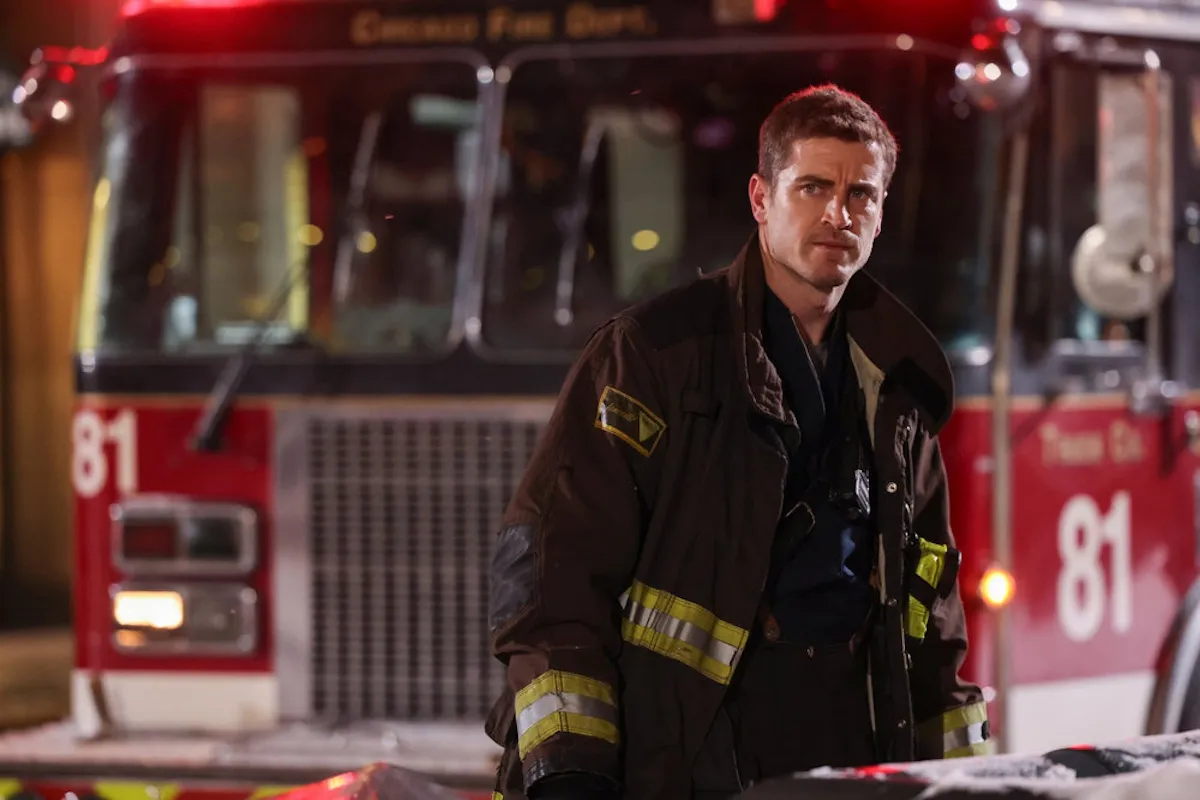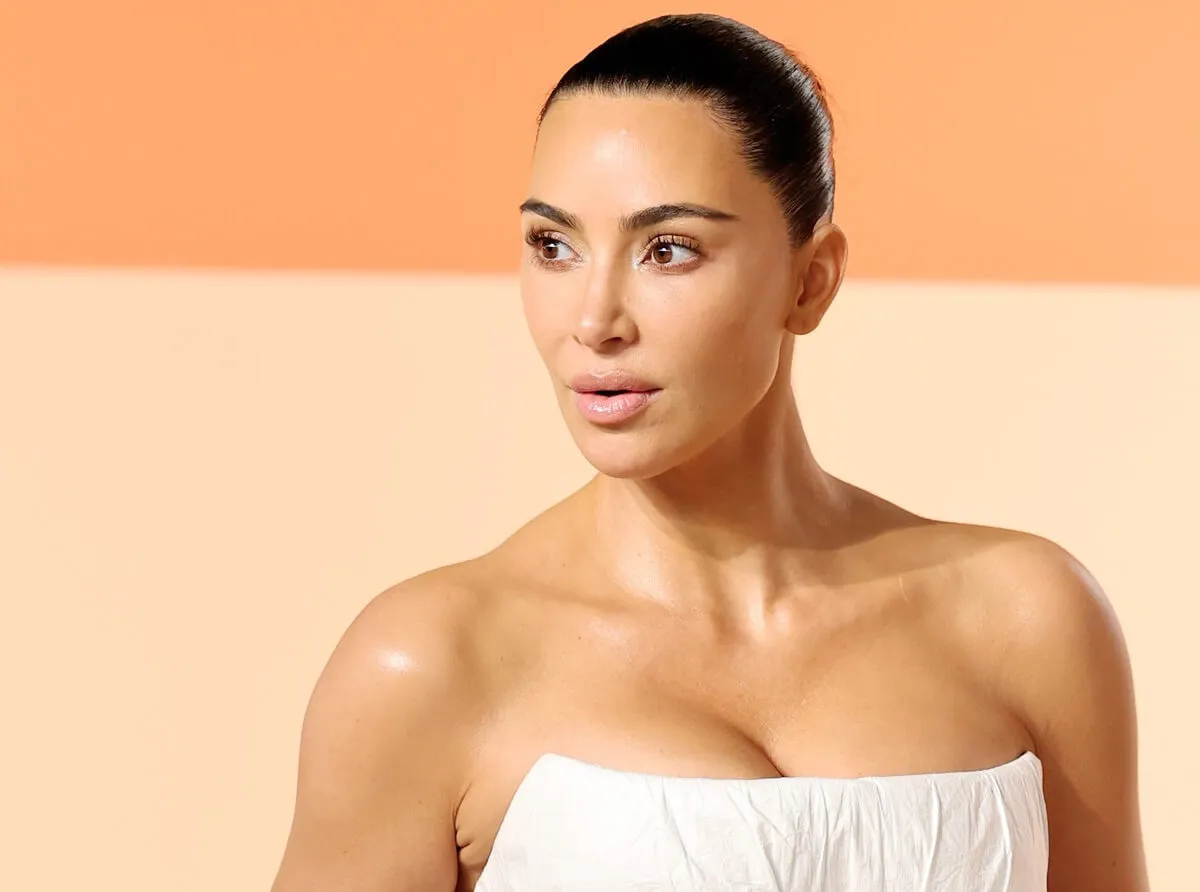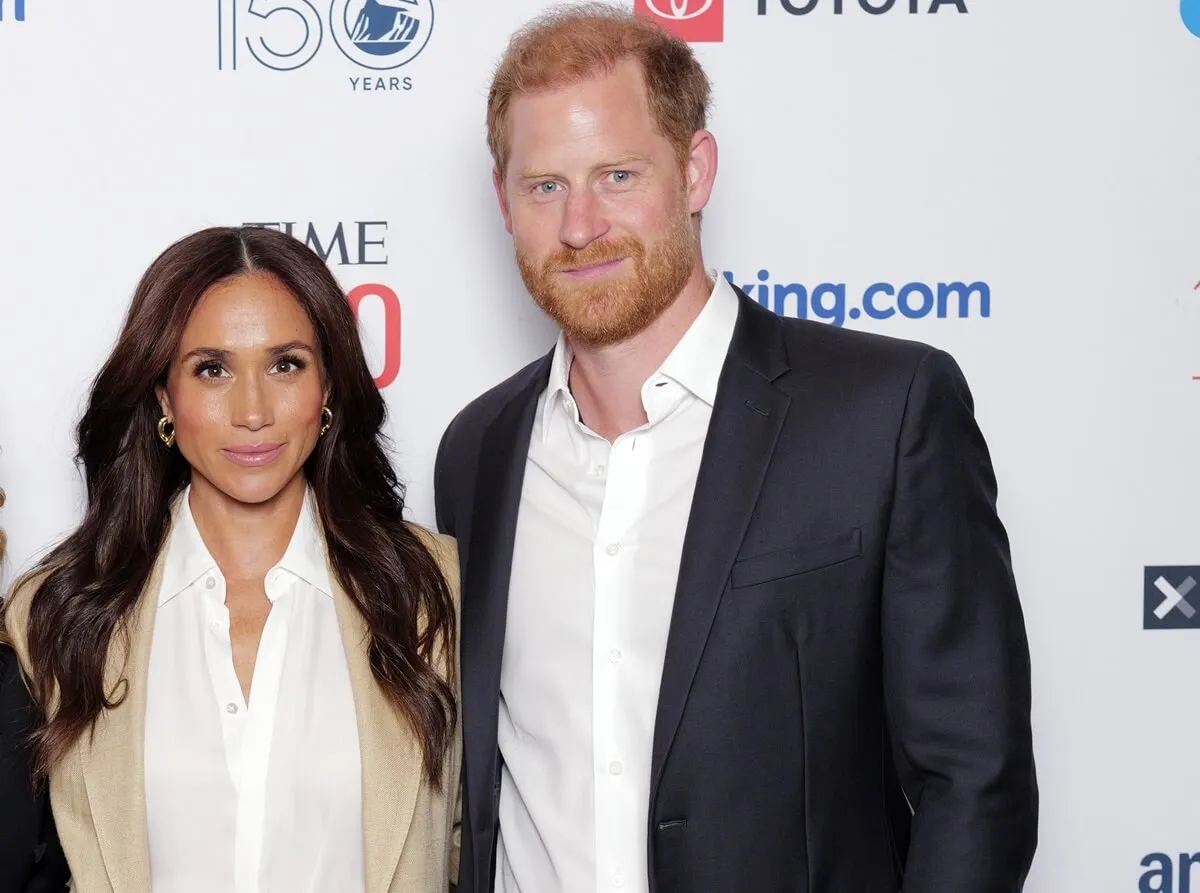Donald Glover Doesn’t Want to Label His Sexuality
Over the past decade, Donald Glover has become one of the most prominent young multihyphenates. After starring on the NBC sitcom Community, Glover went on to direct and star in his own FX series Atlanta. As his rap alter ego Childish Gambino, he’s won Grammys thanks to the songs “Redbone” and his earth-shattering “This is America.”
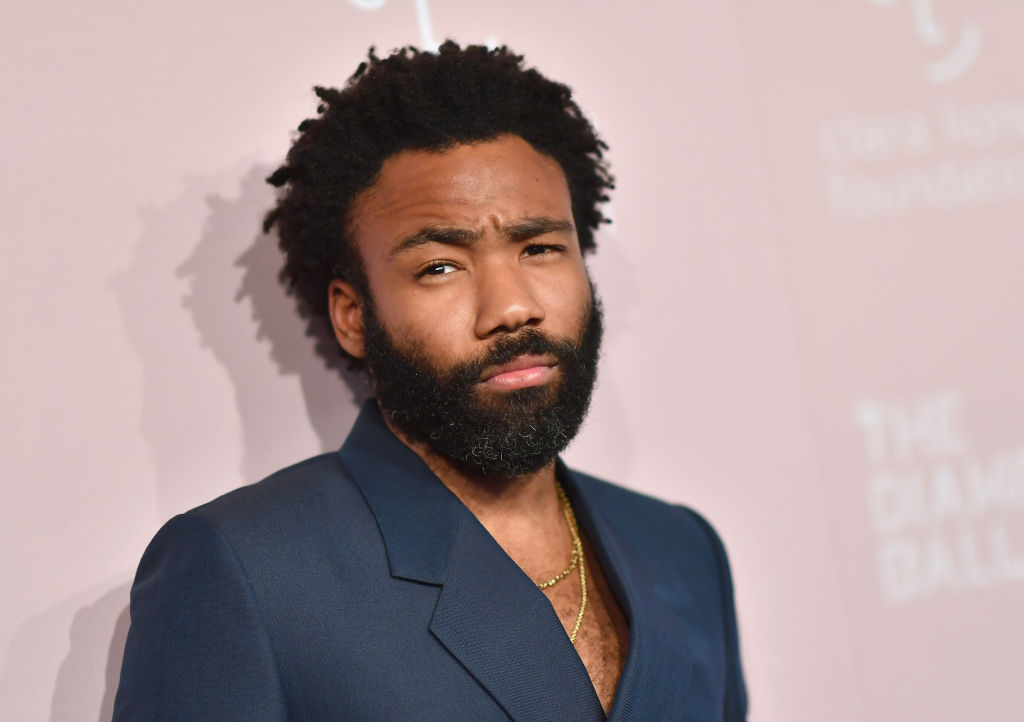
Donald Glover isn’t a fan of labels
As a rapper, Childish Gambino’s music always defied categorization and fitting into boxes. When it comes to his sexual orientation, Donald Glover has the same attitude.
Glover recently sat down with I May Destroy You creator Michaela Coel in a candid interview for British GQ. The two discussed their experiences in the industry and how they’ve been handling the COVID-19 pandemic, and went in depth about many personal topics including racism and grief.
At one point, Glover explains how Millennials have been more preoccupied than any other generation about controlling the narrative that’s being told about them and wanting to take control of their identity. “Why do people online get stuck in that narrative?” Glover asked. “Because it’s safe. And you know what you’re going to get if you follow in the steps somebody else took. There is security to being identified.”
Donald Glover struggled to label himself
Glover continued his thoughts by giving examples of finding community thanks to the labels that one gives themself. “’I’m a straight white male’ or ‘I’m a gay Asian dancer’ — you can find community easily and safely. Instead of being like, ‘Man, I really don’t know…'” he said.
He added that there was a period in his life where he felt this way himself. “Most of my college years were me being like, ‘I don’t know what I like,'” he admitted. “I had friends who asked, ‘Are you gay?’ And I’d be like, ‘I sort of feel like I am because I love this community.’ You know? But maybe I’m not?
Ironically for someone who starred in a show called Community, Glover said that this way his way of finding safety and camaraderie when he often felt like he couldn’t find any. “I always was trying to figure out ‘Am I weird for not wanting to label it?'” he said. “Yet, also, I never felt completely safe in just one place.”
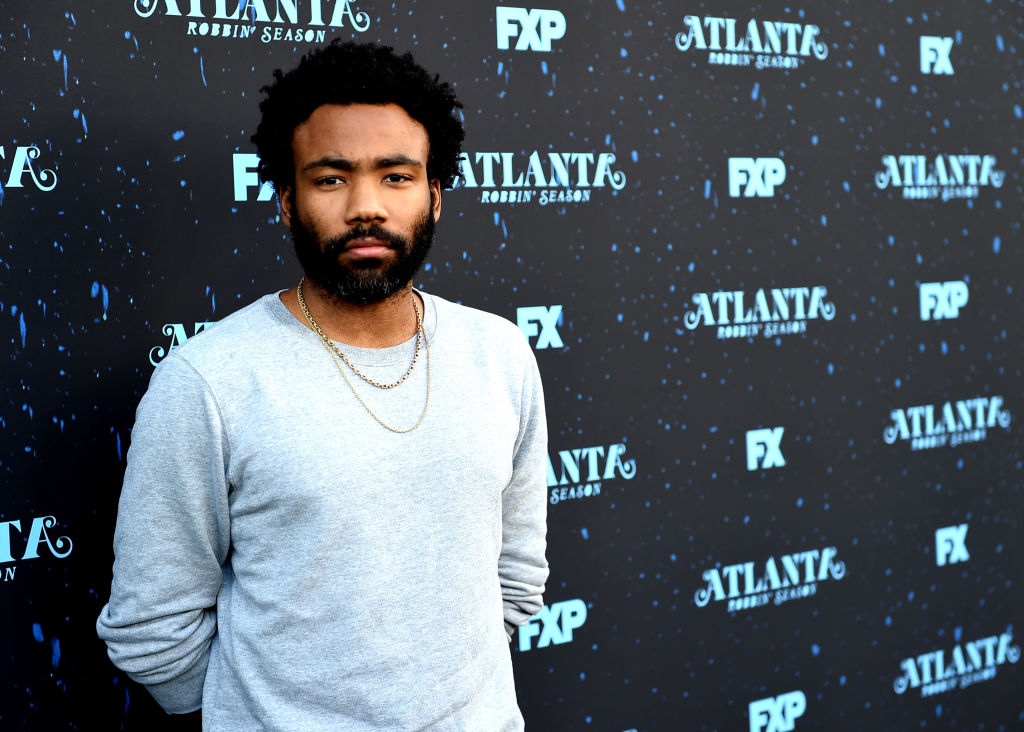
Donald Glover has always valued feeling safe
When asked by Coel about why he didn’t feel safe in the spaces he was in, he told a story about something that happened to him with someone he considered a friend.
“One time I was really close with this guy – a white guy. I was like, ‘Oh, man, this guy’s my friend,'” he remembers. “And then one day we went to the mall and some Black kids ragged on his shorts. He turned to me and said, ‘There are Black people and then there are n*****s.’ My brain, my heart… It was really intense, so I go home and I tell my dad.”
Glover gives credit to his father for telling him to think about how he felt in that moment, and to use it as a learning moment: “It was a hard lesson to understand that separation between myself and my friend.”
